changing birth control times
 How to Switch Birth Control Methods - American Family Physician
How to Switch Birth Control Methods - American Family PhysicianIs there a limit to how long you can take birth control pills? We include products that we believe are useful to our readers. If you buy through links on this page, we can win a small commission. The overall vision is convenient and effective for many people. But maybe you've wondered if it's good for your body to take birth control pills for a long time. Read to know if there is a limit for how long you can take birth control pills and what to take into account. Birth control pills contain small doses of hormones to prevent pregnancy. There are two basic types of birth control pills. Minipills A type of pill only contains the hormone progestin. Sometimes it is known as the "minipill". It works by thickening you and thinning your coating, known as the endometrium. A thicker layer of mucus makes it harder for sperm to reach and fertilize the egg. A thinner endometrial makes it harder for a fertilized embryo to implant and grow during pregnancy. Combination pills A more common type of birth control pill contains progestin and estrogen. This is called the combination pill. Estrogen helps prevent the egg from coming out to your , which is where it can be fertilized by a sperm, or spilled along with the lining of your uterus during . If you have been taking birth control pills for some time and have not had side effects, you may still be able to use them for as long as you need them and while your health care provider thinks it remains a safe option. For most healthy people, birth control pills are safe for long-term use. There are exceptions, of course. Not everyone has the same experience with birth control pills. Only progestin pills are suitable for all non-smoking pills. However, when it comes to those who smoke, the pills are only suitable for those under the age of 35. Once you reach 35, check your birth control options with your healthcare provider. Pills only progestin may no longer be the best choice for you. If you smoke, you should find another birth control method to reduce your risk of complications. If you do not smoke and have more than 35 years, you and your healthcare provider may decide what is best for you. Combination pills are generally safe for non-smoking at any age. But those who smoke should avoid combination pills regardless of age. Estrogen increases the risk of . Get regular checks with your gynecologist and talk about how you are tolerating your birth control pills. It is also important to renew and fill your recipe before it runs out. As a long-term birth control method, birth control pills require consistent use. Take your birth control pills exactly as prescribed. Using them for a few months, stopping for a month or two, and then starting to use them again increases your risk of one. once in a while is usually not a problem. Take two the next day when you remember. However, this increases the risk of accidental pregnancy. If you find yourself forgetting to take your pill every day, it may not be the right birth control method for you. Note that birth control pills do not protect against . Use along with the pill. Buy now: During the first months of use of birth control pills, you may have some minor bleeding between periods. This is called. It is more common if you are taking progestin-only pills. It usually stops on its own, but report it to your healthcare provider if it happens, along with any other. Taking birth control pills can lead to and for some people. You may be able to reduce these side effects by taking your pill before bed. Try to take your pill at the same time every day, in particular if you use a progestin-only pill. If you do not experience any problems during your first year of taking birth control pills, you may continue to use them without problems for many years. Here are some possible side effects. Cancer A common concern about the long-term use of birth control pills is how it affects the risk of cancer. According to , the use of birth control pills can slightly reduce your risk and cancers. Long-term use may slightly increase your risk of cancer, and . If these cancers are performed in your family, be sure to inform your healthcare provider and discuss your risks. Blood clots and heart attack Long-term use of birth control pills also slightly increases your risk of developing and after 35 years. The risk is higher if you also have: After 35 years, it is important to reevaluate your birth control options with your healthcare provider. Smoking also these health concerns. Migraines If you have a history of , estrogen in combined pills can get worse. However, you can also experience changes in the intensity of headache. If your migraines are, you may even find that birth control pills relieve pain. Mood and libido For some women, taking birth control pills can cause mood changes or . However, these types of changes are rare. Contraceptive pills are powerful medicines that require a prescription. Your health care provider should only prescribe them if your medical history and current health suggest that they will be safe and effective. If you are healthy, you should be able to take birth control pills with few side effects or problems. If you have already tried birth control pills and have experienced unpleasant side effects, talk to your healthcare provider about your experiences. Try to remember you took before. A different type of pills may allow you to use birth control pills without experiencing your previous side effects. Smoking If you smoke or have heart disease or other cardiovascular conditions, you may not be an ideal candidate for birth control pills. Generally speaking, women who smoke can effectively use birth control pills. As you reach the age of 30 and beyond, smoking while in the pill puts you at greater risk of complications. Smoking can reduce the effectiveness of estrogen in combination pills. Smoking also increases your risk of heart disease, blood clots, and . Obesity Contraceptive pills can sometimes be slightly less effective for women who are. If you are obese, talk to your healthcare provider about whether pills are your best choice. If you are looking for long-term alternative birth control options, you may want to consider a . Depending on the type of IUD you choose, it may last anywhere from 3 to 10 years. Most people can also use and condoms without problems. They also help prevent STD transmission, which birth control pills do not. include . In this method, carefully monitor your menstrual cycle and avoid sex or use condoms or during your fertile days. Some couples also practice the withdrawal method. In this method, the penis moves away from the vagina before ejaculating. Both rhythm and withdrawal methods entail a higher risk of unplanned pregnancy than birth control pills or other contraceptive methods. There is also a higher risk of contracting STI. Unless you're or have arrived, birth control pills can be a good option. Depending on the type of birth control pill you use, you are after 7 to 10 days of starting to take it. Do your research and talk to your healthcare provider. If you have a sexual partner, talk to them about your use of contraceptives. If you think it's appropriate, you can also talk to family and friends. However, keep in mind that with birth control pills or any other form of contraception will not necessarily be the same as your experience. The right birth control option for you is the one that fits your lifestyle and health needs. Assuming you are healthy, long-term use of birth control pills should not have any negative impact on your health. Take a break now and then it seems to have no medical benefit. The use of long-term birth control generally does not affect your ability to become pregnant and have a healthy baby once you no longer take it. Your regular menstrual cycle will probably come back within a month or two after you stop taking your pills. Many people become pregnant within a few months of stopping birth control pills and have healthy and uncomplicated pregnancies. Last medical review on December 11, 2018Read this following
Can I change the time I take birth control? Yes you can, here's how
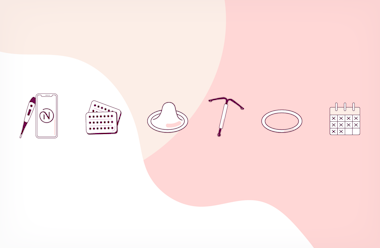
Switching Birth Control | Changing Birth Control | Natural Cycles
/birth-control-pill-with-date-of-calendar-background--health-care-and-medicine-concept-1207185638-93c96fa1c22c440e95abd2b019e7fcf3.jpg)
Daylight Saving Time and Your Birth Control Pill
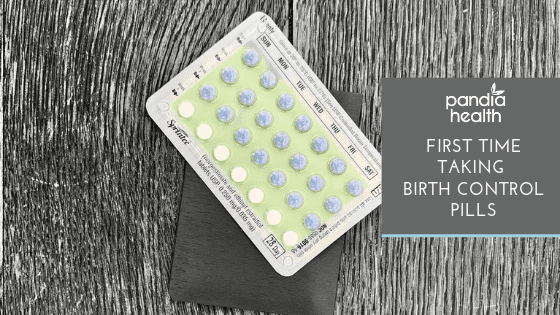
Starting Birth Control Pill: 6 Tips for Your First Time

Changing The Time You Take Birth Control Can Be Tricky: Here's How To Do It Safely

Which Birth Control Method Is for You? 19 Types, Pros, Cons, More
How to switch birth control

Switching Birth Control Pills: A How-To Guide
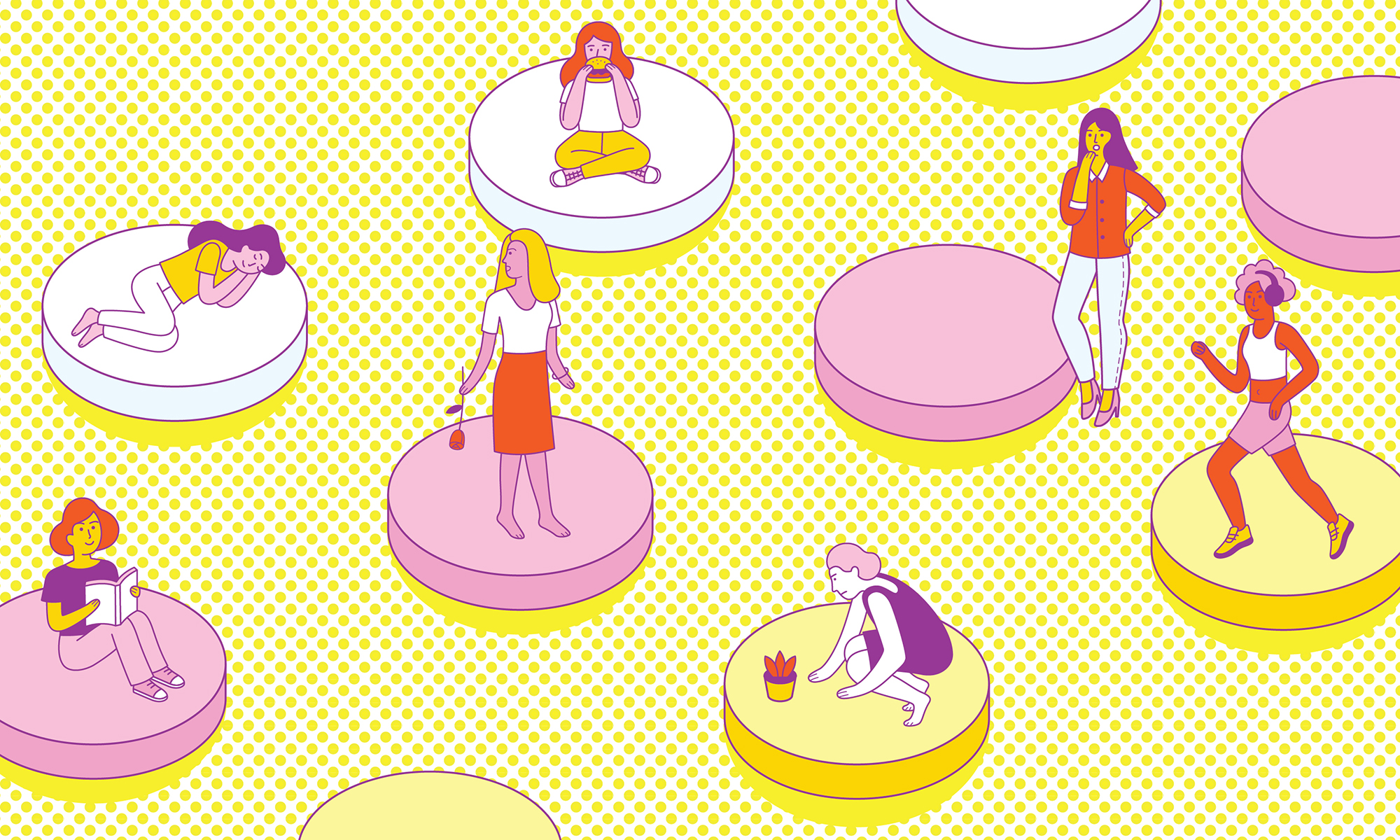
Feel like a different person on the pill? Here's how it affects your mood |
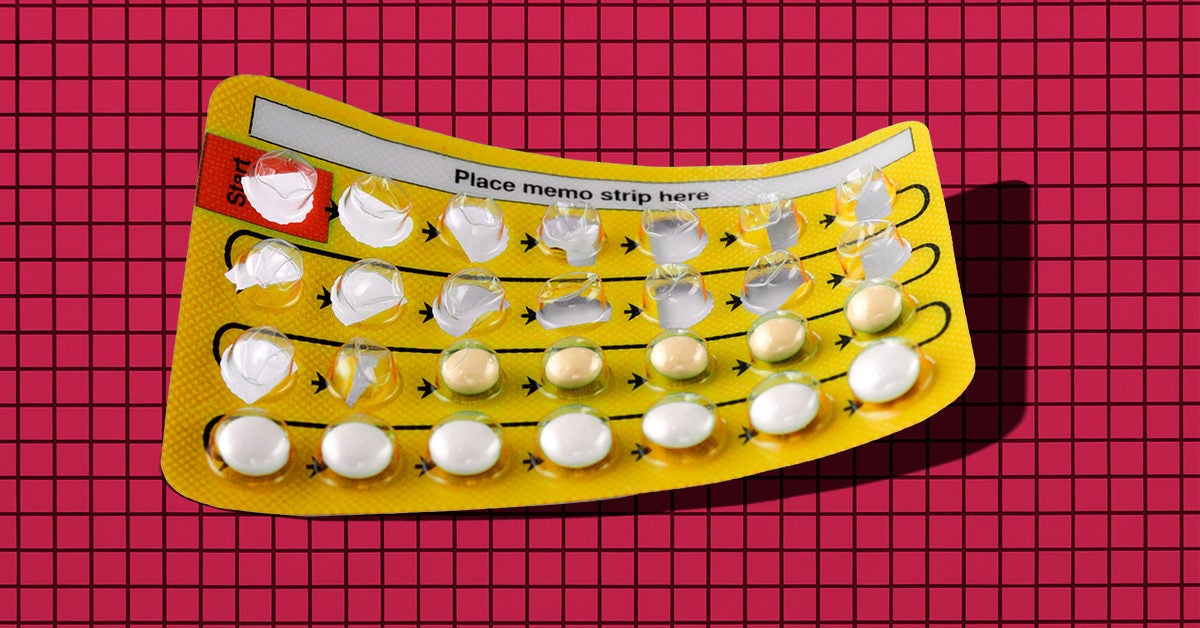
How to Lose Weight on Birth Control: Myth vs. Fact
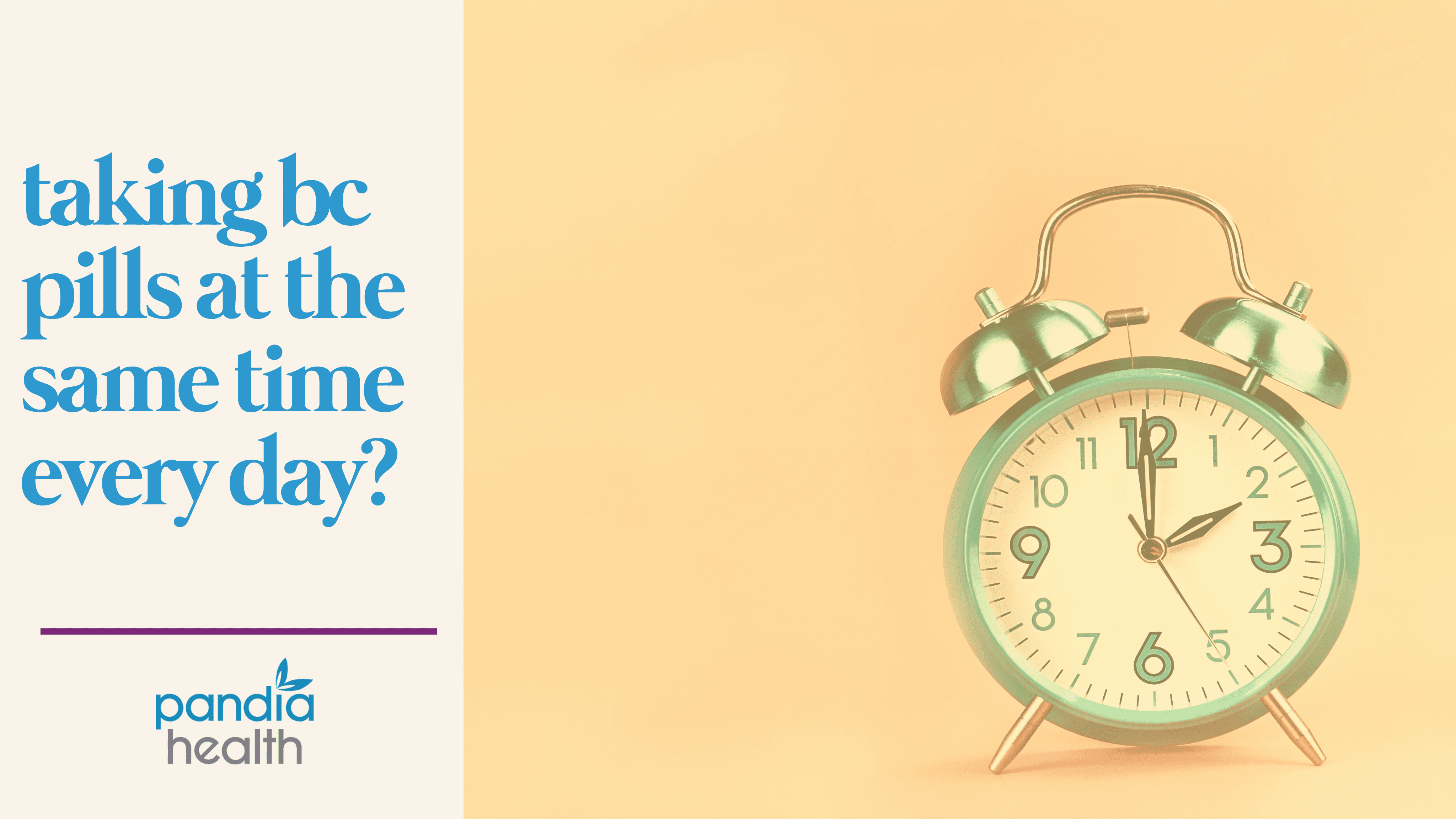
Do you take Birth Control at the Same Time Everyday? - Pandia Health

Switching birth control pills: Methods and side effects

Yes, Your Birth Control Could Make You More Likely to Have a Blood Clot – Health Essentials from Cleveland Clinic

Which Birth Control Method Is for You? 19 Types, Pros, Cons, More

How To Switch Birth Control Pills - How To Switch To A New Birth Control Pill
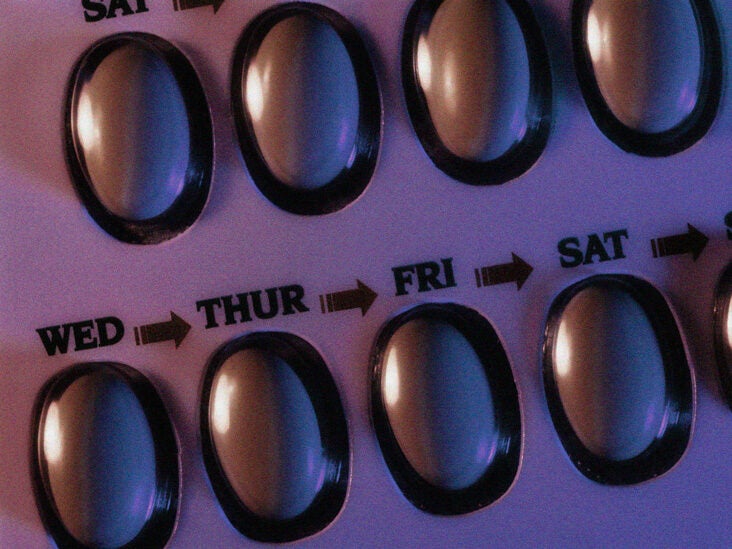
How long does it take for birth control to work?

Can I change my birth control timing after I finish a pack?
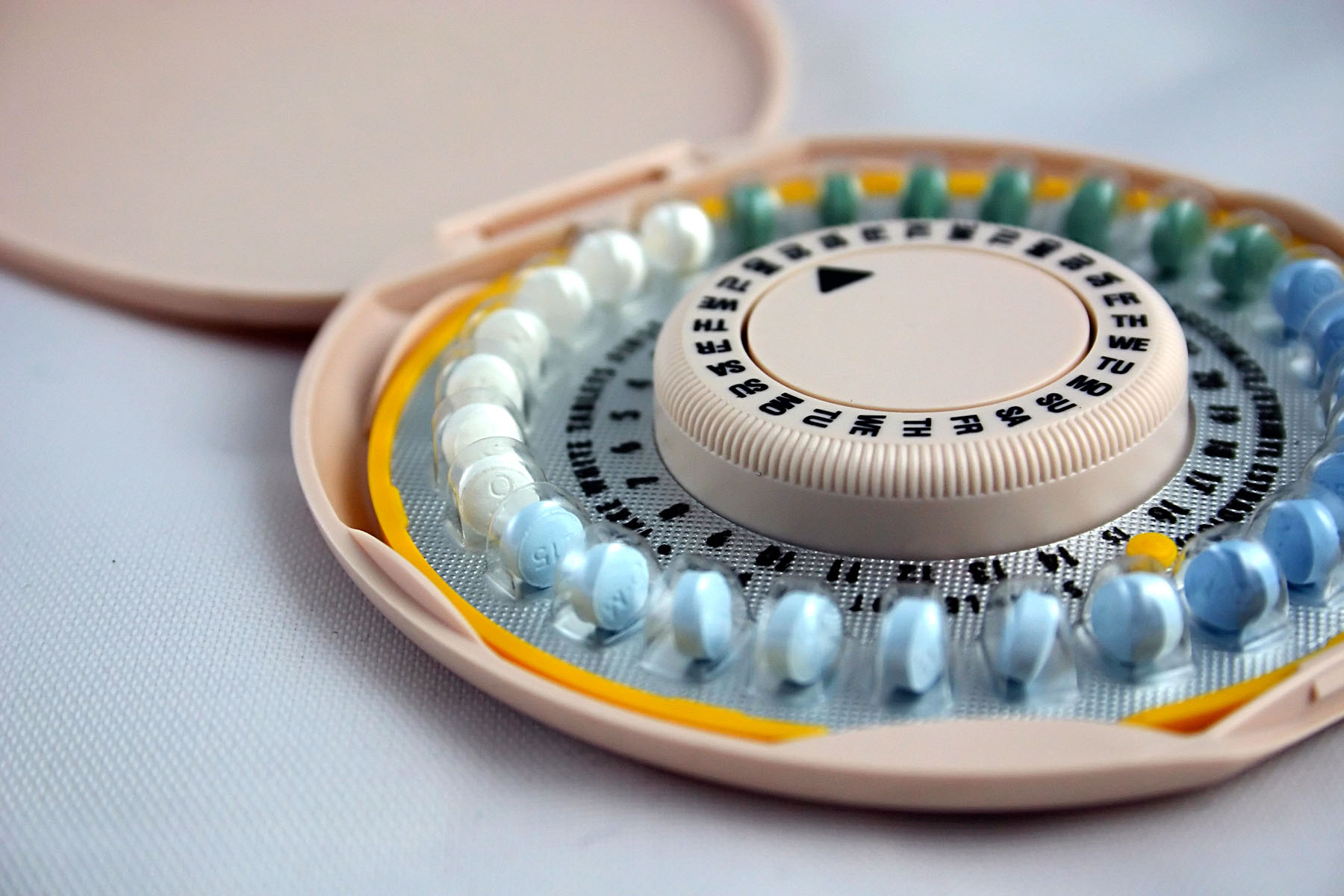
Can hormonal birth control trigger depression? - Harvard Health Blog - Harvard Health Publishing

Which Birth Control Method Is for You? 19 Types, Pros, Cons, More

Birth Control Pills to Treat Acne: When Is It a Good Option? - GoodRx

Does Daylight Saving Time affect birth control pills?

Birth Control (Changing Perspectives): Amazon.co.uk: The New York Times Editorial: 9781642822205: Books
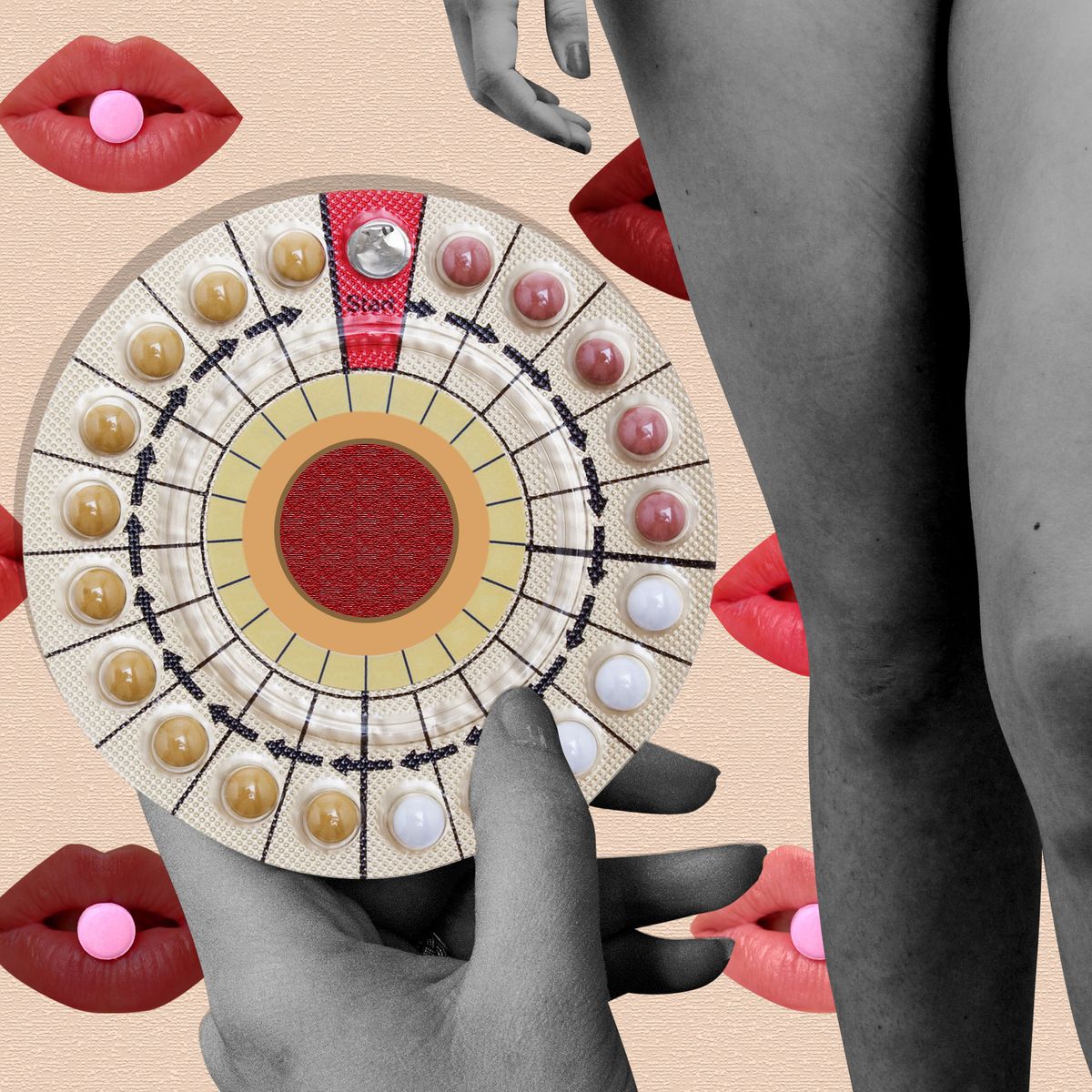
Why Women Are Going Off Birth Control Pills

Missed period on birth control: Causes and when to expect your period
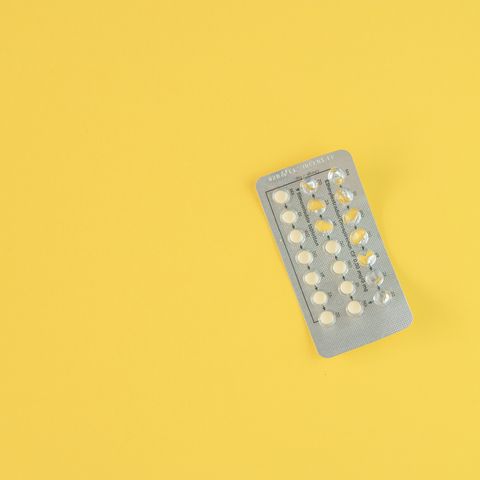
Yasmin contraceptive pill (ethinylestradiol and drospirenone) side-effects, dosage and usage instructions

Which Birth Control Method Is for You? 19 Types, Pros, Cons, More

Why are young women giving up on the contraceptive pill?
/cdn.vox-cdn.com/uploads/chorus_asset/file/1070358/missed_pills.0.png)
7 facts anyone taking birth control should know - Vox
How to switch birth control
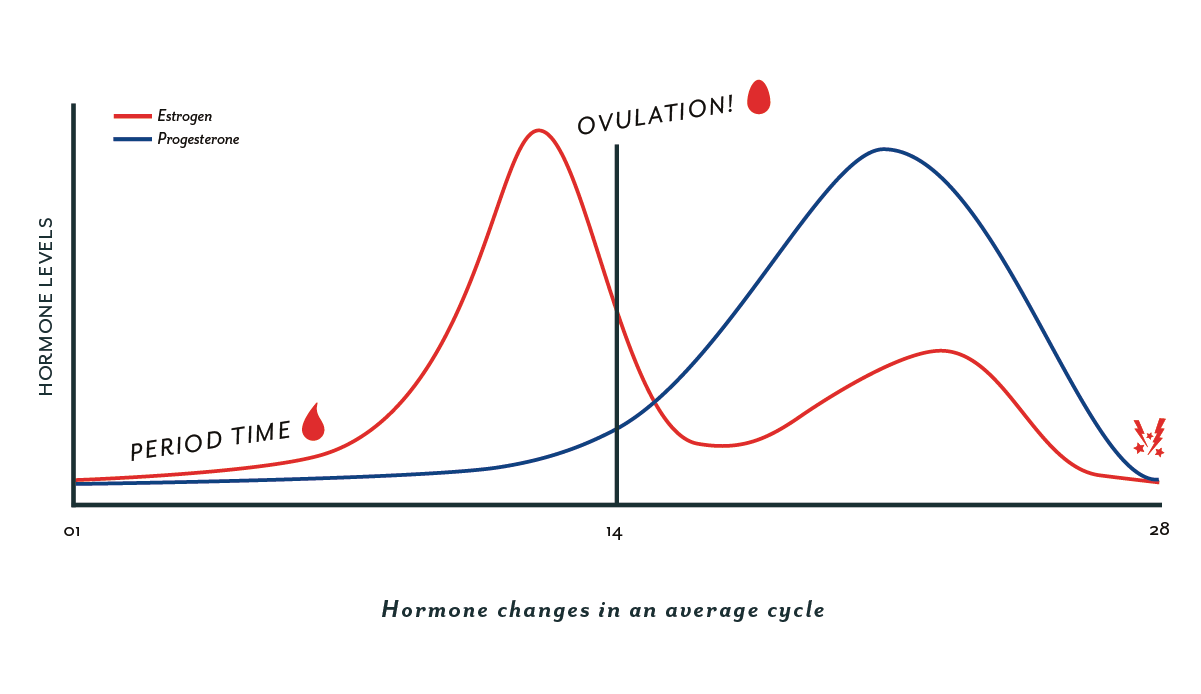
How does birth control work? Types of Birth Control, Side Effects, & Effectivness

Birth Control And Acne: What Going On (And Off) The Pill Does To Your Skin | HuffPost Life
Natural Cycles on Twitter: "TRICK QUESTION! The best form of birth control is the best form of birth control for YOU. Over our fertile lifetimes we are likely to switch birth

Are Some Birth Control Pills Too Risky? | National Center for Health Research

Birth Control Pills: The Vascular Health Tradeoff | Premier Health

How does birth control work? Types of Birth Control, Side Effects, & Effectivness

Abnormal Uterine Bleeding Associated with Hormonal Contraception - American Family Physician
:format(jpeg)/cdn.vox-cdn.com/uploads/chorus_image/image/39039636/shutterstock_205934437.0.0.jpg)
7 facts anyone taking birth control should know - Vox

History of Birth Control - How Birth Control Has Changed Since 1900

How To Change Birth Control Timing

How To Get To Know Your Boobs Better (And Why It's SO Important) | Blog | HUDA BEAUTY
Posting Komentar untuk "changing birth control times"